
Do You Know How Much Energy You Use?
The average american house hold uses around 30 kWh a day; how do you compare? Use the Department of Energy's calculator to find out here: DOE Energy Calculator
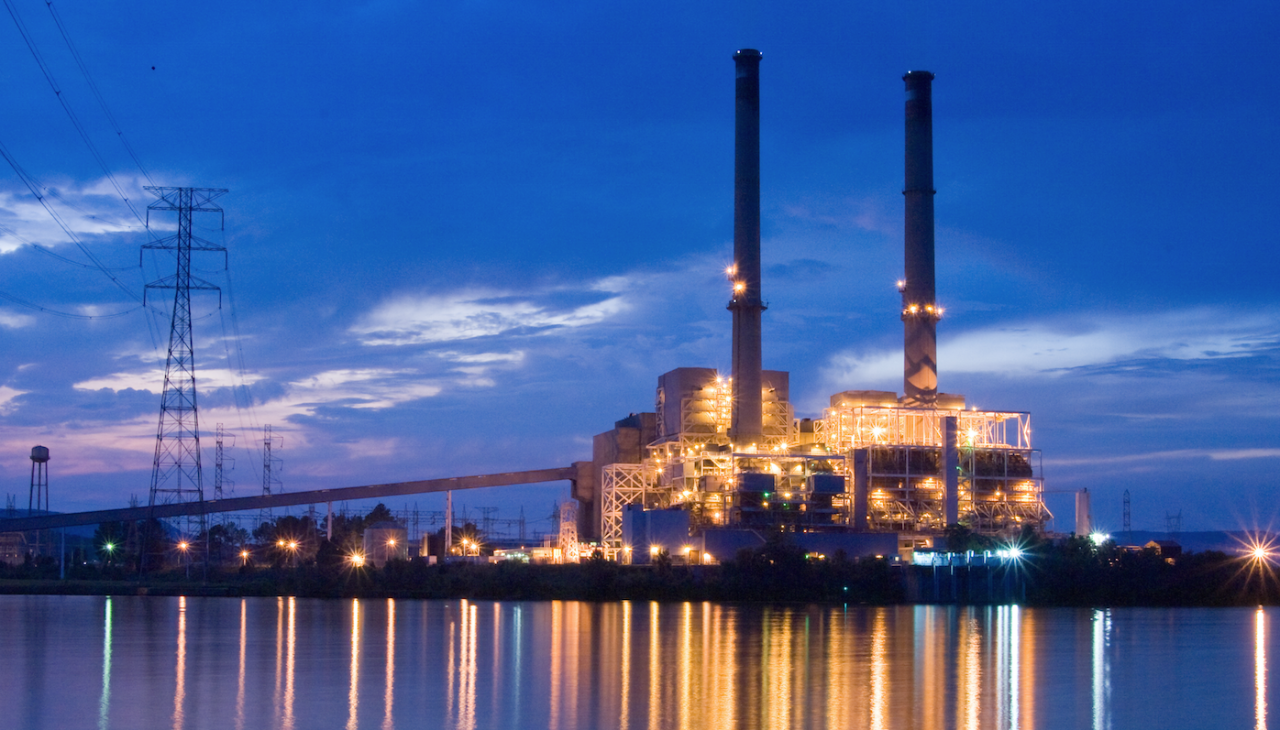
Where Does Your Energy Come From.
From EIA.gov 2015 report. Coal:33% Natural Gas: 33% Nuclear: 20% Hyrdopower: 6% Renewables: 7%(Biomass: 1.6% Geothermal: 0.4% Solar: 0.6% Wind: 4.7%) Petroleum: 1% Other gases <1%

Where is Energy Going.
Speaking long term goals according to the EIA's forecast submitted april 2015 natural gas is expected to fuel more than 60% of the new generation of power needed from 2025 to 2040, and generation of power from renewable energy sources such as wind, solar, geothermal, and biomass fuels most of the remaining 40%. Slowly but surely coal power production will continue to be reduced while sources such as natural gas, hydro, and renewables will have to rise to meet rising power needs and make up for the cut back of coal.

Hybrid and Electric Vehicles on the roads.
16.9% of all buses are hybrid in the United States in 2014, in 2015 384,404 hybrid and EV vehicles were sold in the United States. Over the past 8 years over 3.9 million hybrid and EV vehicles have been sold.

Renewable Energy Growth Outlook.
An expected 4.5% growth rate per year for solar, wind, and geothermal through 2040 is expected by the EIA according to their report from May 11 2016.
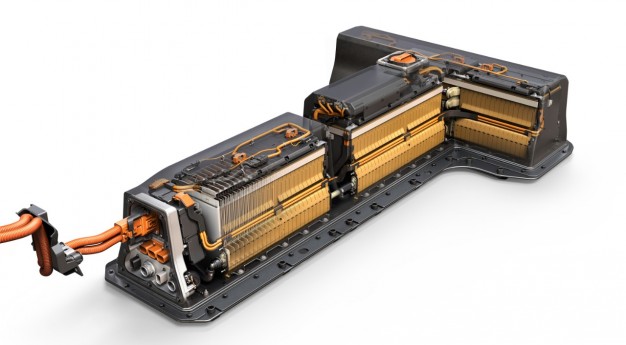
How Many Lithium-Ion Batteries Are Out There.
28 EV and plug in vehicles currently use LG Chem's lithium ion batteries. All 3 of Tesla's models use lithium ion batteries are created by panasonic. Nippon Electric Company (NEC) makes several EV batteries including those for the nissan leaf. All of these lithium-ion batteries could be used after their lifetime in vehicles to help lessen the cost of energy storage, and improve the grid.
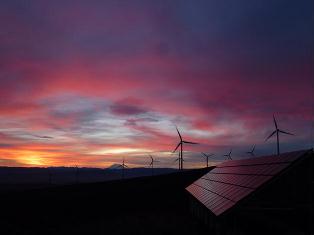
Energy Basics
What is energy? What are is the United States current energy issues that need to be addressed? On this page what energy is and how it relates to you flipping a light switch, what are the problems we face today, and what cities are doing to start acting on these issues can all be found here.
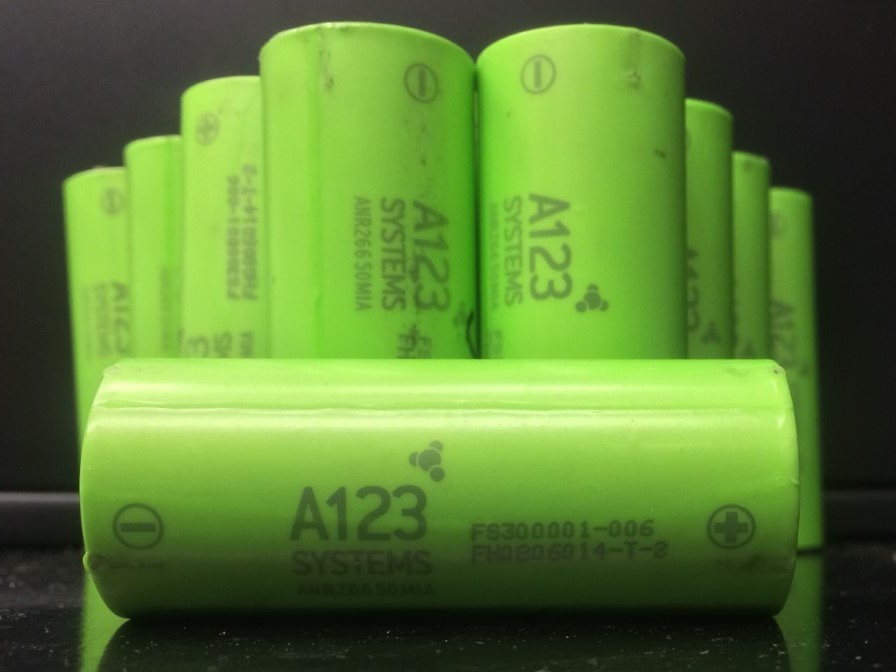
Electrochemistry and Batteries
Information on chemically how batteries; specifically dry cell, lead acid, and lithium-ion cells operate and create, store, and release energy. As well as a more indepth look at lithium-ion batteries.
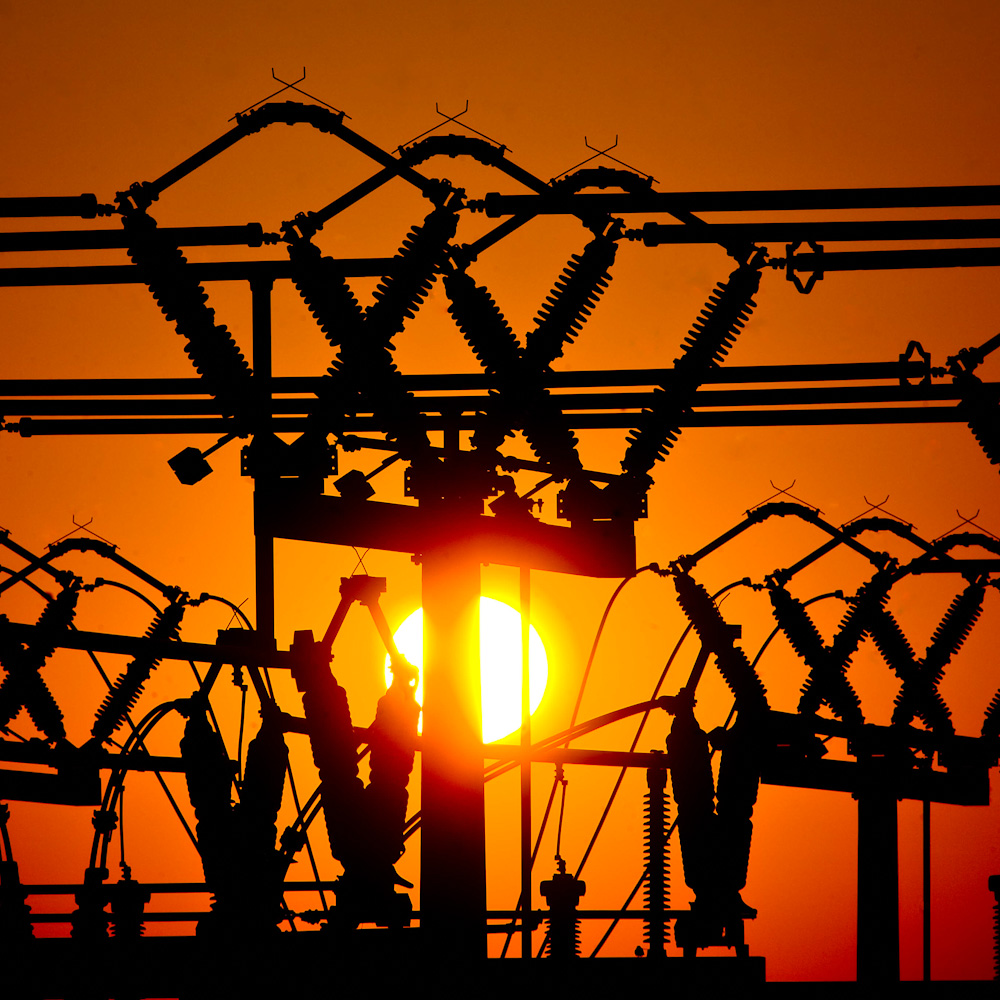
Lithium-Ion Afterlife
Lithium-Ion batteries are extremely efficient energy cells. However; often times in their current use they are only partially used after being part of a car, bus, or almost any other lithium-ion application. What can we do to extend these batteries lifetimes and make them even more energy efficient?
Make Your Own Battery
Ever wanted to make your own enery cell? This page will provide a step by step battery exploration procedure where you can create your very own energy cell at home!